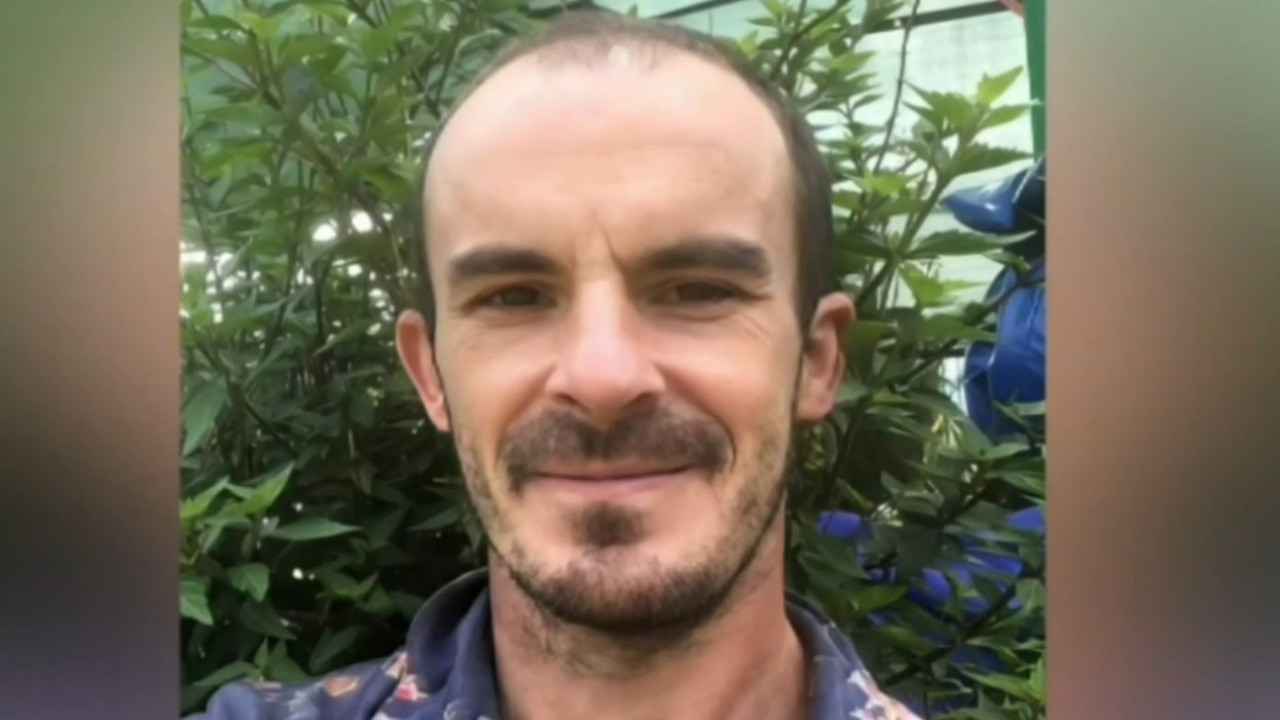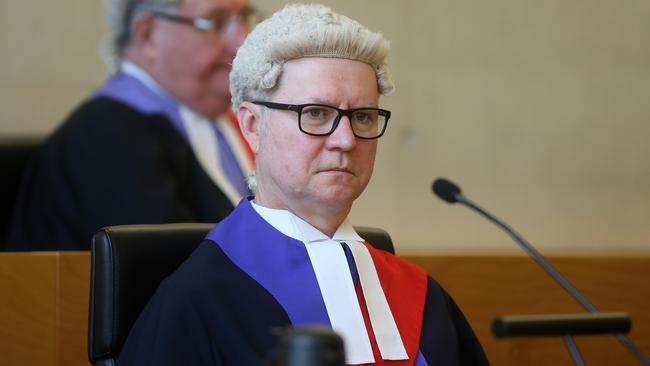’He will always and forever be dangerous’: Advocate questions sentencing of pedophile Ashley Paul Griffith
A leading child safety advocate has questioned why childcare worker Ashley Paul Griffith was not given an indefinite life sentence after being found guilty of abusing 69 little girls.

A leading child safety advocate has questioned why Australia’s worst pedophile, childcare worker Ashley Paul Griffith, was not given an indefinite life sentence after being found guilty of abusing 69 little girls.
Griffith, 46, was sentenced to life imprisonment with a non-parole period of 27 years on Friday, more than two years after he was arrested for crimes that spanned two decades across Queensland, NSW and Pisa, Italy.
Griffith’s earliest release date is August 20, 2049. He will be 71.
But advocate Hetty Johnston said that while she was grateful for the conviction, a more severe sentence was warranted.

“It’s beyond my comprehension why he didn’t get an indefinite sentence, a life indefinite sentence, because he will always and forever be dangerous,” Ms Johnston said.
In September, Griffith pleaded guilty to 307 offences against 65 girls in Queensland and a further four girls overseas. Most of his victims were aged between three and five, but the youngest was believed to be just one, and the oldest seven or nine.
In the Brisbane District Court, Judge Paul Smith set the non-parole period beyond the usual 15 years to 27 years. He said the seriousness and gravity of the charges warranted the maximum penalty.
“The offending happened over a lengthy period,” Justice Smith said.
“It involved many victims, many of the victims were very young and very vulnerable. There were many rapes.
“There was a significant breach of trust.”

The sentence fell three years short of the 30-year non-parole period requested by the prosecution, with the judge taking into consideration the fast-tracking of the matter, Griffith’s pleas of guilt to all charges and the co-operation he gave police.
Under Queensland’s Dangerous Prisoners (Sexual Offenders) Act, introduced in 2003 after being championed by Ms Johnston, judges can order offenders who have a high risk of reoffending to remain behind bars.
“Like all legislation that’s in the view of some as too harsh, judges don’t like to give that sentence,” she said
“It’s defeating the intention of the legislation and the more it happens, the more precedence is on the books and it just gets dumbed down.”
However, the sentence was greater than that given to Shannon McCoole, the administrator of a pedophilia website hosted on the dark web, who was imprisoned for 35 years in 2014, with a non-parole period of 28 years.
Griffith had also uploaded child exploitation material to the site, called The Love Club, which investigators used to find him.

After Justice Smith delivered his sentence, parents in the public gallery jeered as Griffith was led out of court, some telling him to “rot in hell”.
One mother, while speaking to reporters outside the court, said she was grateful she would be able to tell her six-year-old daughter, in the future, about the “incredible” AFP officers who investigated the case.
“At the end of the day, justice is served, and the public are going to be protected,” she said.
“No girls are ever going to be touched by him again.”
A father said he and his wife were “very happy” with the conviction but said others must now be held accountable.
“There are businesses, staff and regulators who ignored the signs,” he said.
“They didn’t follow through on reports and failed to supervise our children.
“We implore those in positions of power and influence to have the courage to enact the learnings from this tragedy, so a systematic failure like this is never allowed to happen again.”
Griffith was arrested by the Australian Federal Police in August 2022, and was later charged with 1623 offences against 91 girls. However, he was indicted on 307 charges, with incidences of prolonged offending against the same child rolled into a single count of maintaining an unlawful sexual relationship with a child.
Justice Smith said Griffith’s criminality hadn’t been contested.
A psychiatric assessment of Griffith, undertaken prior to his sentencing, found he had a high risk of reoffending if he was released back into the community.





